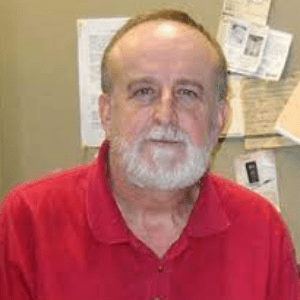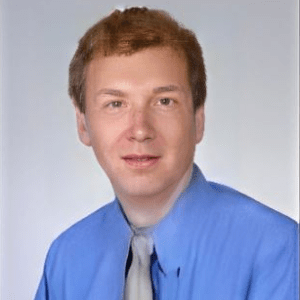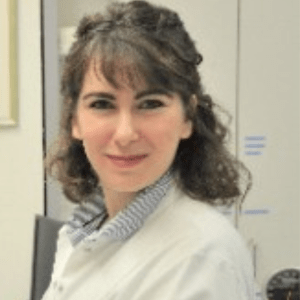Neural structures
Home/ Scientific Sessions /Neural structures
Neural structures
Neural structures refer to the whole plan of the human nervous system, which is broken down into three great divisions: central, peripheral, and autonomic nervous systems. The central nervous system, such as the brain and spinal cord, serves as the control and information-processing center, with white and gray matter of the brain involved in interchanges between body and environment and with the spinal cord permitting messages back and forth. The peripheral nervous system is made up of nerves that transfer sensory and motor commands from the central nervous system to the body, and vice versa, controlling movement, sensation, behavior, emotion, and thought. The autonomic nervous system controls involuntary functions of the body such as digestion and respiration and includes sympathetic and parasympathetic divisions, both of which are critical in reacting to stress and emotion. These kinds of neural architectures are commonly explored by researchers with the help of neuroimaging techniques such as functional MRI in a bid to understand how they work and are controlled, especially in relation to neurological disorders such as Alzheimer’s disease, Parkinson’s disease, stroke, and multiple sclerosis. It becomes necessary to make architectures of the neural more meaningful in a bid to make disease processes transparent and refine treatment strategies.
Related Sessions
1 - Stem Cells Role in Neuro-Biological Treatment
2 - Neurological Disorders and Stroke
3 - Clinical Neurophysiology and Stroke
4 - Neuropsychology and Addiction
5 - Genetics and Epigenetics in Neurodegenerative Disorders
Neuroimmunology and Neurological Infections
7 - Neuropharmacology and Neurochemistry
8 - Brain Injury and Behavioral Neuroscience
9 - Cognitive Neuroscience and Psychology
10 - Neurobiology and Behavior
11 - Neurosurgery and Spine
12 - Paediatric Neurology and Epilepsy
13 - Molecular Genetics and Neurobiology
16 - CNS Injury, Repair and Inhibition, Excitation
17 - Psychology, Cell & Molecular Biology
20 - Ophthalmology and Visual Neuroscience
21 - Neuroscience and Artificial Intelligence
22 - Neuroinformatics and Computational Neuroscience
23 - Human Brain Mapping
24 - Brain Stimulation and Imaging
25 - Cerebral Blood Flow and Metabolism
26 - Molecular Brain Research
27 - Brain Structure and Function
28 - Brain Pathology and Oncology Research
29 - Geriatric Psychiatry and Neurology
Scientific Program
Keynote Speaker - Dr. Zhenhuan LIU (Oral Presentation - In-Person)
Nanhai Maternity and Children Hospital Affiliated to Guangzhou University of Chinese Medicine, China
Keynote Speaker - Dr. Magda Tsolaki - Oral Presentation (Virtual)
Emeritus Professor of Neurology, Aristotle Univesrsity of Thessaloniki, Makedonia, Greece, Chair of the Greek Federation of Alzheimer’s Disease
Keynote Speaker - Dr. Tatsuro Mutoh, MD, PhD, FAAN - Oral Presentation (In-Person)
Department of Neurology, Fujita Health University Hospital, Toyoake, Aichi, Japan
Scientific Program
Keynote Speaker - Dr. Zhenhuan LIU (Oral Presentation - In-Person)
Nanhai Maternity and Children Hospital Affiliated to Guangzhou University of Chinese Medicine, China
Keynote Speaker - Dr. Magda Tsolaki - Oral Presentation (Virtual)
Emeritus Professor of Neurology, Aristotle Univesrsity of Thessaloniki, Makedonia, Greece, Chair of the Greek Federation of Alzheimer’s Disease
Keynote Speaker - Dr. Tatsuro Mutoh, MD, PhD, FAAN - Oral Presentation (In-Person)
Department of Neurology, Fujita Health University Hospital, Toyoake, Aichi, Japan
Committee Members

Kenneth B Storey
Carleton University, Canada

Kindy Mark
University of South Florida, United

Thomas J Webster
Interstellar Therapeutics, United States
Tags




